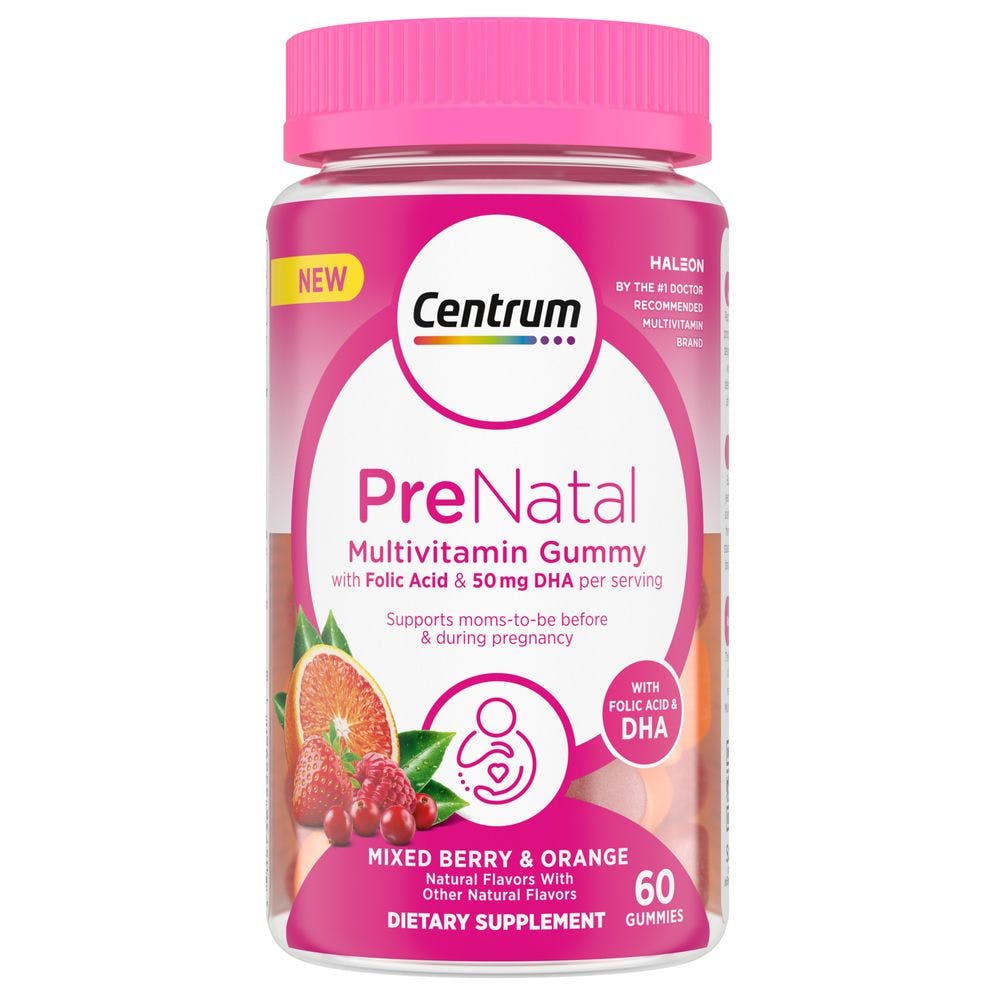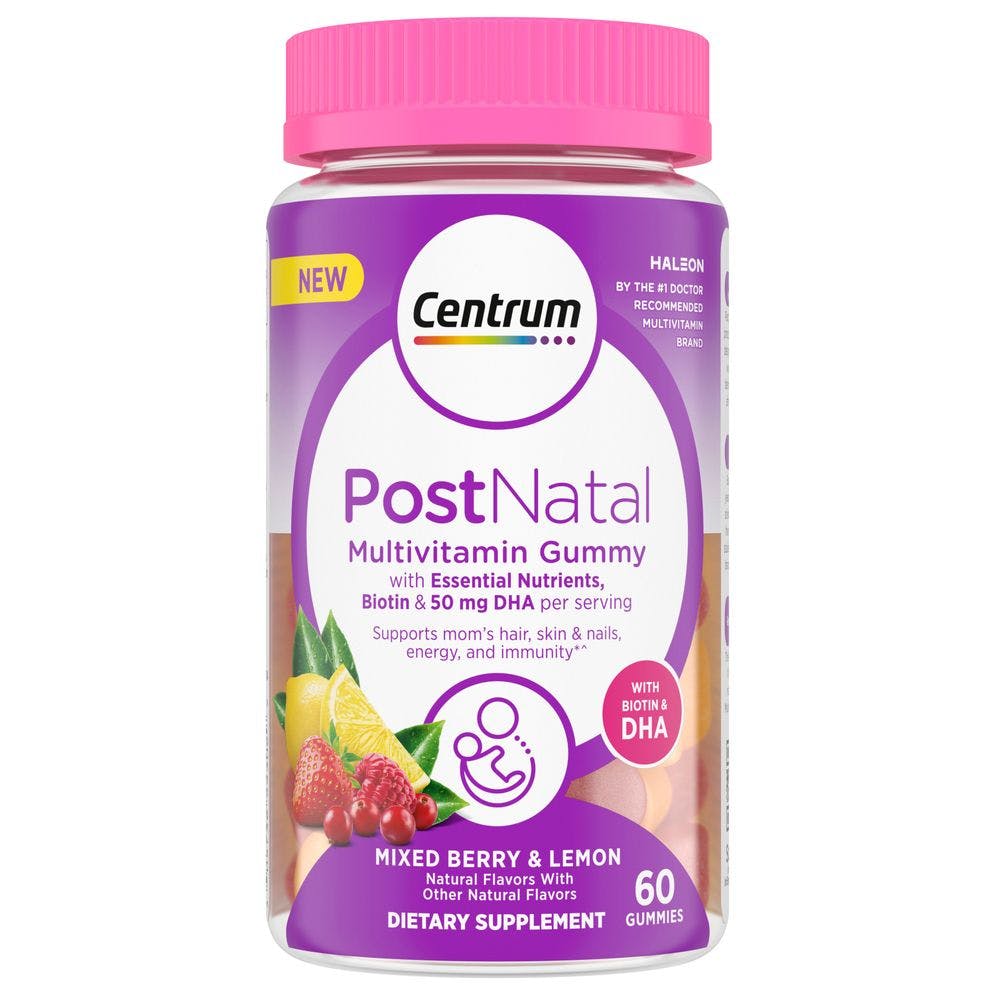DHA
An omega-3 fatty acid that contributes to brain and eye health, especially during fetal development.

What is DHA?
DHA, or docosahexaenoic acid, is a type of omega-3 fatty acid. It’s most abundant in the brain and retina, and is required for maintaining normal brain function. DHA also contributes to heart health and immune function.
Maternal guidelines state that it’s important for mothers to consume DHA, which transfers into fetal tissues during pregnancy and to infants through breastfeeding, as DHA contributes to cell growth and brain development.
The recommended amount of DHA is often unmet in the typical North American diet, which can lead to an insufficient amount of this vital nutrient during fetal development. Supplementing the diet with DHA and other omega-3 fatty acids like EPA during pregnancy increases concentration of these nutrients in fetal tissues.
Dietary DHA is found in fatty fish and fish oil, such as salmon, tuna, and mackerel. It’s also present in meat and eggs, though at lower levels.[1] [2]

Recommended Daily Intake for Pregnant and Lactating Women
Sources of DHA
Salmon

Tuna

Eggs
Centrum Maternal Health

NEW! A daily multivitamin gummy that supports women before and during pregnancy. With folic acid, DHA, and 10 other essential nutrients, these gummies are a tasty way to support your body during pregnancy, as well as your baby’s development.*
Centrum Maternal Health

NEW! A multivitamin gummy that supports new moms with essential nutrients like Biotin for hair, skin, and nail health, Vitamin C for immune support, and Iodine to support baby's development through breastfeeding.*
DHA Helps Support
Recommended Articles
Explore Additional Vitamins & Minerals
* This statement has not been evaluated by the Food and Drug Administration. This product is not intended to diagnose, treat, cure, or prevent any disease.








